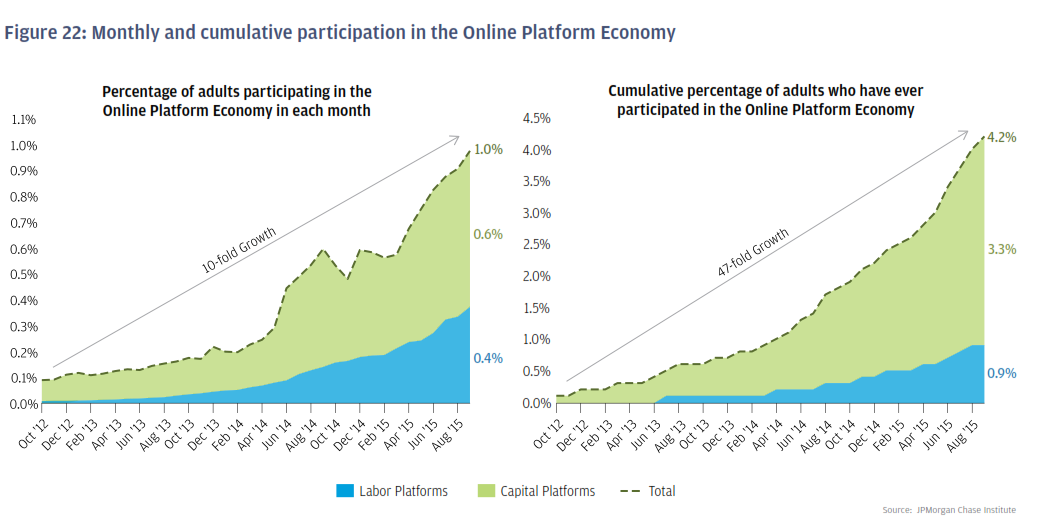It's after 5PM: Don't you even THINK about replying to that email
Clearing out a bunch of 'saved for later' articles in my feed reader this past weekend and I came across this gem from our pals at the Washington Post - France may pass a law allowing people to ignore work emails at home. Here is all you need to know on this, (in case you couldn't figure out the gist from the on the nose headine):
Among a host of new reforms designed to loosen the more stringent regulations in the country’s labor market, France’s labor minister, Myriam El Khomri, is including a provision that would give employees the right to ignore professional emails and other messages when outside the office. It would essentially codify a division between work and home and, on a deeper level, between public and private life.
El Khomri apparently fleeced this idea from a report by Bruno Mettling, a director general in charge of human resources at Orange, the telecommunications giant. Mettling believes this policy would benefit employers as much as their employees, whom, he has said, are likely to suffer “psychosocial risks” from a ceaseless communication cycle. As reported in Le Monde, a recent study found than approximately 3.2 million French workers are at risk of “burning out,” defined as a combination of physical exhaustion and emotional anxiety. Although France is already famous for its 35-hour workweek, many firms skirt the rules — often through employees who continue working remotely long after they leave for the day.
I know what my (primarily) USA-based readers are thinking right about now. Likely some combination of 'Those French don't know what it takes to compete in the modern economy', 'It is too late for that idea, technology has made the walls between work and non-work just about irrelevant', and 'You will never get the raise/title/office/parking space you want without working ALL THE TIME'.![]()
At least here in the USA, the vast majority of advice and strategery around helping folks with trying to achieve a better level of work/life balance seems to recommend moving much more fluidly between work and not-work. Most of the writing on this seems to advocate for allowing workers much more flexibility over their time and schedules so that they can take care of personal things on 'work' time, with the understanding that they are actually 'working' lots of the time they are not technically 'at work'. Since we all have smartphones that connect us to work 24/7, the thinking goes that we would all have better balance and harmony between work and life by trying to blend the two together more seamlessly.
And I guess that is reasonably decent advice and probably, (by necessity as much as choice), that is what most of us try and do to make sure work and life are both given their due.
But the proposal from the French labor minister is advocating the exact opposite of what conventional (and US-centric), experts mostly are pushing. The proposed French law would (at least in terms of email), attempt to re-build the traditional and firm divide and separation between work and not-work. If this were to pass, then if it is outside of your 'work' time, then feel free to ignore that email. No questions asked. No repercussions. At least in theory.
An interesting, if very Frecnch-sounding idea.
But here is the question I want to leave with you: What if the French are right about this and the commonly accepted wisdom and advice about blending work and life is wrong?
What if we'd all be happier, and better engaged, and more able to focus on our work if we were not, you know, working all the time?
What if you truly shut it down at 5PM every day?
What would that look like?

 Steve
Steve

